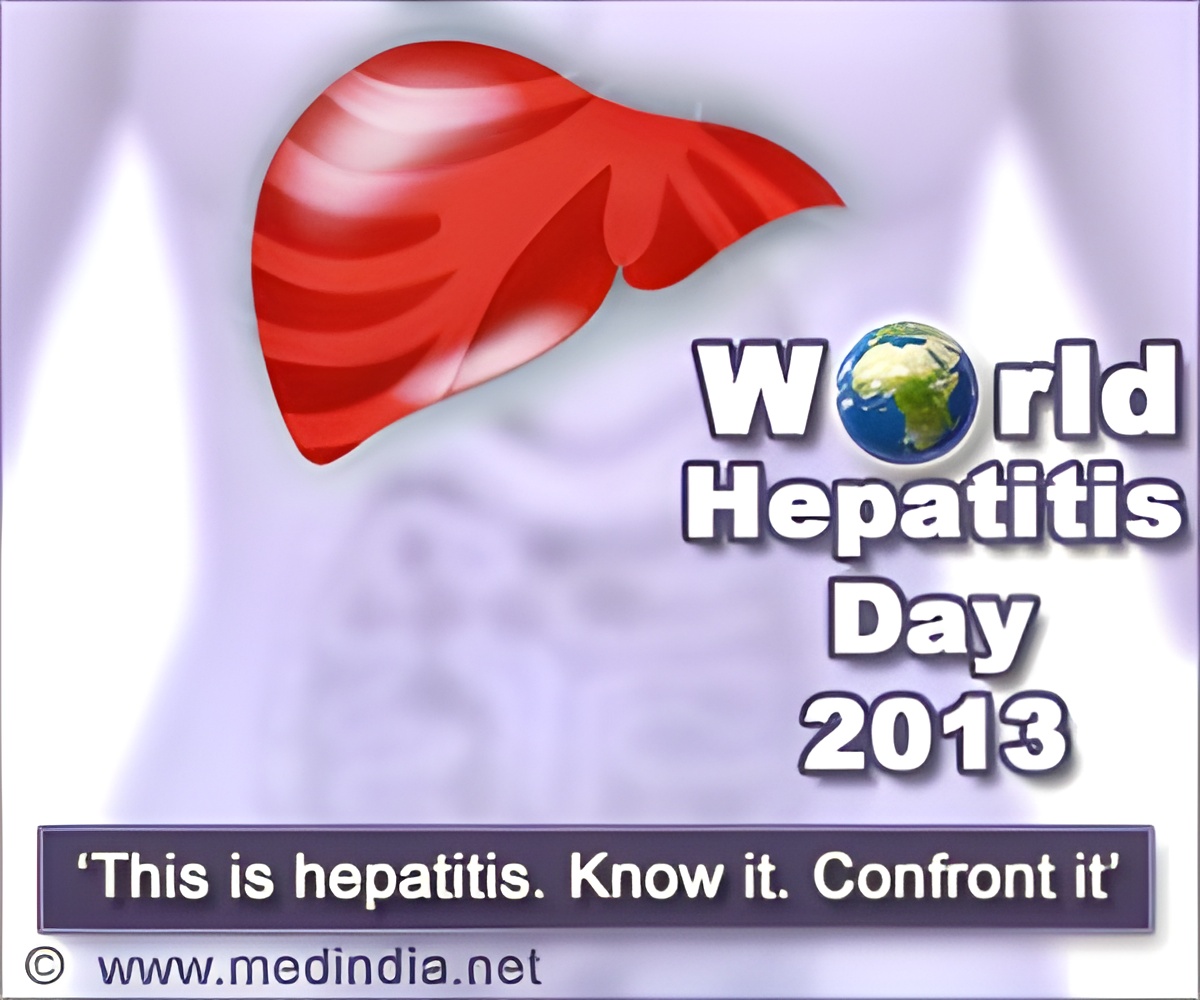Every year we celebrate World Hepatitis Day on 28th July. This is the 6th year we are celebrating it.

The hepatitis A, B, C, D and E viruses can cause acute and chronic infection and inflammation of the liver, leading to liver cirrhosis and liver cancer. Hepatitis A and E are typically caused due to ingestion of contaminated food or water; while hepatitis B, C and D usually occur as a result of parenteral contact with infected body fluids.
As it has been so far this year the theme continues to be: 'This is hepatitis. Know it. Confront it'. The campaign emphasizes the fact that hepatitis remains largely unknown as a major health threat across the globe. Millions of people are living with viral hepatitis and millions are at the risk of becoming infected. Most people with chronic infection of hepatitis B or C are unaware that they carry the virus. They are therefore at a higher risk of developing severe chronic liver disease and can unknowingly transmit the virus to other people. Every year around 240 million people are being chronically infected with hepatitis B and around 150 million people are being chronically infected with hepatitis C. Approximately 1 million people die each year from the causes related to viral hepatitis, most commonly cirrhosis and liver cancer.
Evidently, the wide impact of the viral Hepatitis has not been addressed in many countries. The reasons being:
• Most people do not develop any symptoms when they become infected and remain free of symptoms often for decades until they develop chronic liver disease
• The cost of treatment for liver cancer and liver failure from cirrhosis is very high
• Strengthening the prevention, screening and control of viral hepatitis and its related diseases
• Co-ordinating a global response to hepatitis
Thus, the World Hepatitis Day campaign enables policymakers, health workers and the public to have better awareness of hepatitis and help tackle the silent epidemic we are experiencing today.
Reference: http://www.who.int/campaigns/hepatitis-day/2013/event/en/index.html
Source-Medindia















